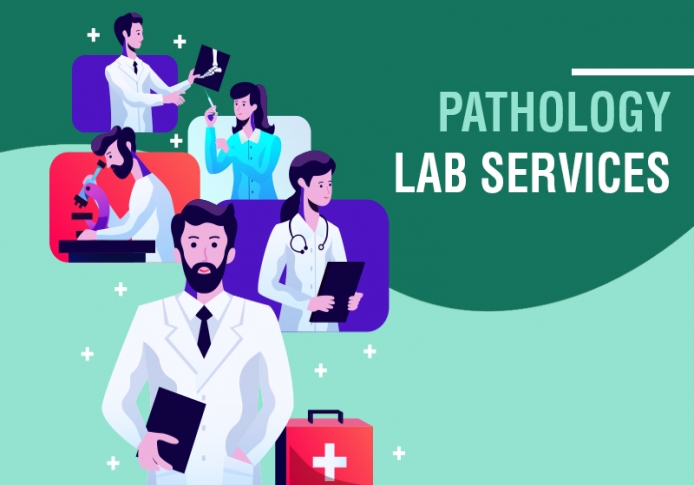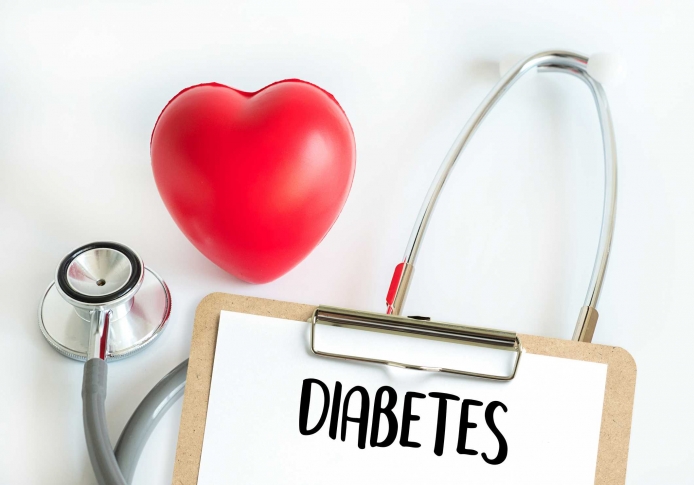Diabetes Tips: NTP Healthcare
What is diabetes?
— Diabetes is a disease in which the blood glucose levels are increased.
— This occurs when the body is not able to produce enough insulin or use it properly.
— Insulin is a hormone produced by the pancreas in our body and it helps your body cells to utilize glucose as a fuel.
What are the different types of diabetes?
There are mainly three types of diabetes:
Type 1 diabetes
— It is also called juvenile diabetes. It mainly affects children and young adults.
— Immune system destroys the insulin-producing cells of the pancreas leading to a lack of insulin in the body.
— It is triggered by viruses, certain types of diets, or chemicals in people who are genetically predisposed.
Type 2 diabetes
— This is the commonest type of diabetes. It mainly affects adults, above 30 years.
— The body is unable to produce enough insulin or the body cells, ignore the insulin.
— Family history, obesity, high blood pressure, and high cholesterol levels are risk factors for type 2 diabetes.
Gestational diabetes
— This type is diagnosed for the first time during pregnancy.
— The status of the patient returns to normal after the delivery of the body.
— Mother diagnosed with gestational diabetes has an increased risk of developing diabetes later in life.
How do I know if I have diabetes?
If you have diabetes, you may have a combination of the following symptoms:
— Frequent urination
— Frequent hunger/thirst
— Weight loss
— Tingling sensation in hands or feet
— Frequent infections
— Feeling tired all the time
— Delayed wound healing
How is diabetes diagnosed?
Your doctor may perform the following tests to confirm diabetes:
— Fasting plasma Glucose Test: this test measures your blood glucose level after 8 hours of fasting.
— Oral Glucose Tolerance Test: this test measures your blood glucose levels after fasting of 8 hours and 2 hours after you drink a glucose-rich beverage.
— Random Plasma Glucose Test: this test checks your glucose levels without fasting.
How do I monitor diabetes?
You can monitor diabetes with the help of the following tests:
Self-monitoring of blood glucose
— You can check your blood glucose levels with the help of an electric glucose meter and record them in a diary.
— Your doctor can make appropriate adjustments in your medications, diet, or physical activity according to these readings.
Haemoglobin A1C test
— This test shows your glucose control over the past 3 months. Testing every 3 months for A1C will help you, the doctor, to monitor your response to treatment.
Microalbumin test
— This helps to detect leakage of small proteins in your urine, your doctor will perform this test once in a year to detect any kidney damage.
How do I manage diabetes?
— Adopt a healthy eating pattern by reducing fat content and increasing fiber in your diet
— Include vegetables like spinach, carrots, and green beans in your meals to increase the fiber content.
— Reduce intake of high-calorie foods, like high-calorie foods like chips, cakes, and ice cream.
— Choose low-fat dairy foods like skimmed or fat-free milk to reduce the calories. Skimmed milk has more calcium and is a good source of vitamin D also.
— Choose high fiber fruits like watermelon, papaya, muskmelon, etc.,
— If you are a nonvegetarian, include fish in your dinner once or twice a week. Baked, grilled or pan-fried fish is the ideal choice for your diet.
— Include baked or grilled chicken that is a good source of protein instead of fried chicken that contains more fat.
Exercising regularly will control your blood glucose levels and lower your cholesterol levels also
— Begin an exercise program in consultation with your doctor.
— Brisk walking for 30 minutes for 5 days a week, aerobics training, bicycling or swimming is effective in reducing weight and lowering the blood sugar levels.
— Lifting light weights exercises your muscles and strengthens your body.
Make physical activity a part of your life
— The following activities may help you to add mere activity in your day-to-day life.
— Indulge in gardening and help your spouse in daily chores.
— Get down 1 or 2 stops early from the bus and walk to your destination.
Play with your children or grandchildren.
— Keep your blood pressure under control by doing moderate exercise daily and taking your medications regularly.
— If you are taking pills for diabetes, be sure to take them as directed. Regular medications help to prevent or slow down the complications of diabetes also.
— Proper foot care is necessary to prevent the occurrence of foot ulcers
— This can be done by maintaining proper hygiene of your feet, regularly inspecting your feet for any swelling or redness, and using well-padded footwear.
What are the medications used in diabetes control?
For type 1 diabetes
— Insulin is given on a daily basis as an injection, as the body is unable to produce insulin. Other types of drugs may also be given, which work along with insulin.
For type 2 diabetes
— Several oral medications are available that increase the production of insulin in the body, make the body cells more receptive to insulin or slow down the absorption of carbohydrates in the intestine.
— You might need to take a combination of these medicines to control your diabetes.
— You might need to take insulin temporarily in case of surgery, pregnancy, or during breastfeeding.
— Your treatment could switch to insulin if these oral medicines are inadequate in controlling your blood sugar level.
What are the complications of diabetes?
Uncontrolled diabetes can lead to serious health problems like:
Heart disease and stroke
— Eye problems like cataracts, glaucoma, problems in the retina called retinopathy that can reduce your vision or cause blindness.
— Kidney disease called nephropathy leading to kidney failure.
— Damage to nerves is called neuropathy that can show up as a tingling sensation or numbness in hands or feet.
— Foot ulcers may develop due to repeated trauma to feet and nerve damage. Infection can worsen and lead to the death of the affected tissues called as gangrene. Amputation may have to be performed in such cases.
— Frequent infections can occur as high blood glucose levels promote the growth of infection-causing agents.
— Gum disease.
— Problems during pregnancy can present as birth defects, miscarriages or birth of large babies.
These complications can be prevented by monitoring your blood glucose levels, taking regular medications, and following a balanced diet.
Report to your doctor in case you experience the following symptoms.















